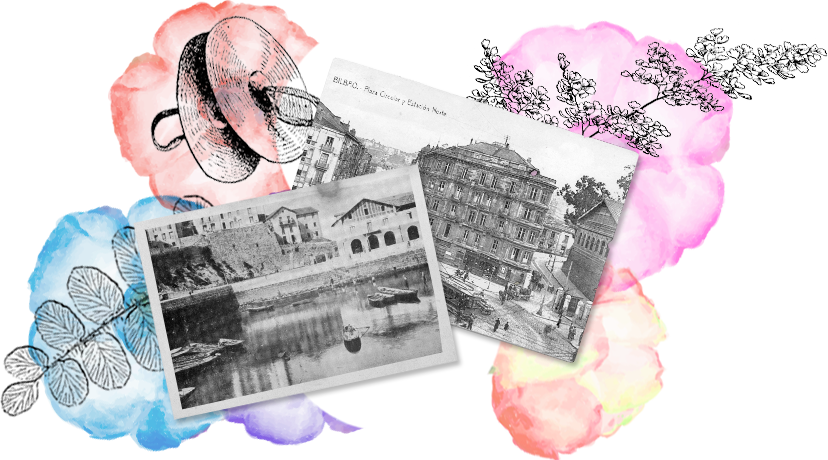Popular heritage, oral heritage, cultural heritage and intangible heritage: these are all ways of describing what is, essentially, the same thing. Today researchers and politicians agree on the need to conserve and value that heritage. And here, we understand the concept of heritage in the broadest, most complete sense of the term: this includes, among other things,ethnographic heritage, which covers daily life, crafts, customs, games, rites and activities associated with the seasons of the year and the holiday and festive calendar, the lexical heritage of words, sayings and proverbs and the ethno-linguistic heritage of songs, stories and verses. In the end we are talking about an intangible, invisible heritage that, until a few decades ago, was handed down from generation to generation by word of mouth.
Recently, however, the old ways of life have been radically transformed: society's customs have changed, technological innovation and progress have altered habits and led to people relating to each other in entirely new ways. Enormous changes have occurred in a very short time, and the life we understand as traditional has all but disappeared. Sadly, the oral and natural transmission of heritage between generations has been interrupted.
So now there is a pressing need to systematically compile and preserve this heritage, using the right methodology, to record it from the lips of people who still remember and who have known a way of life that is fast fading away. Not forgetting today's witness accounts, which will themselves soon enough become the past. This is why for several decades now the Instituto Labayru has been doing precisely that. Research into field work, meaning oral, written and audiovisual accounts, will help us to achieve our main goal: to gather in popular culture and wisdom, examine it, put it into the right format and pass it on to posterity. That way we will ensure that this heritage lasts and that future generations will know and possess as much as possible of a culture that once belonged naturally to past generations.
